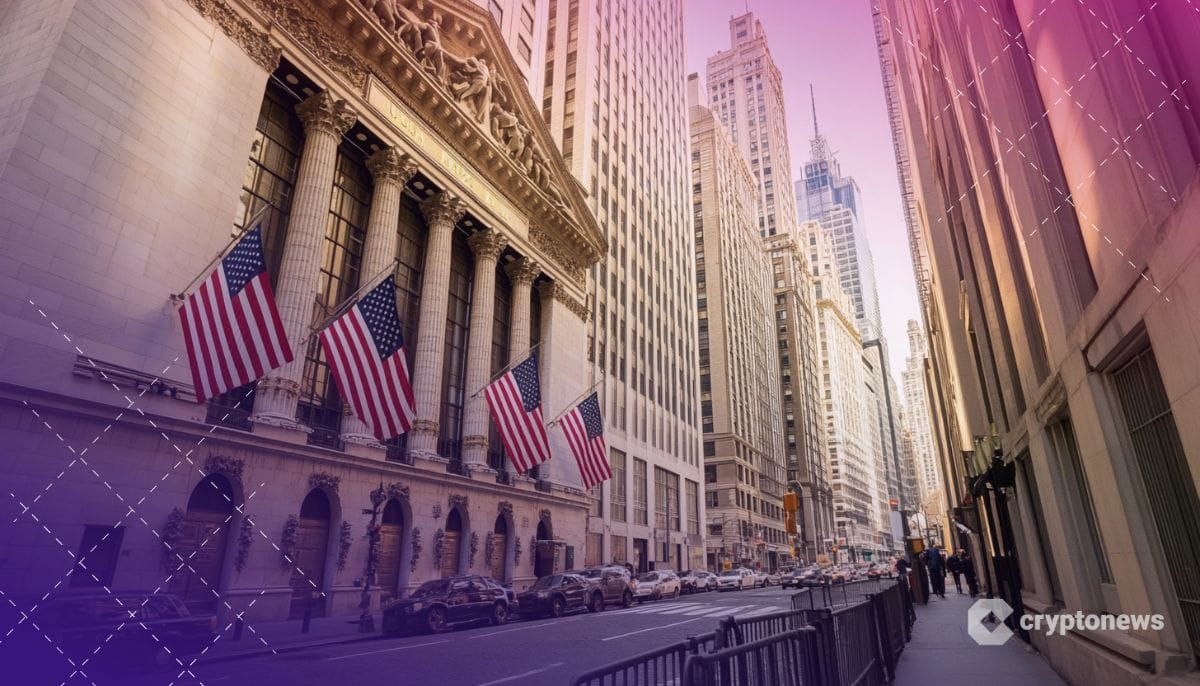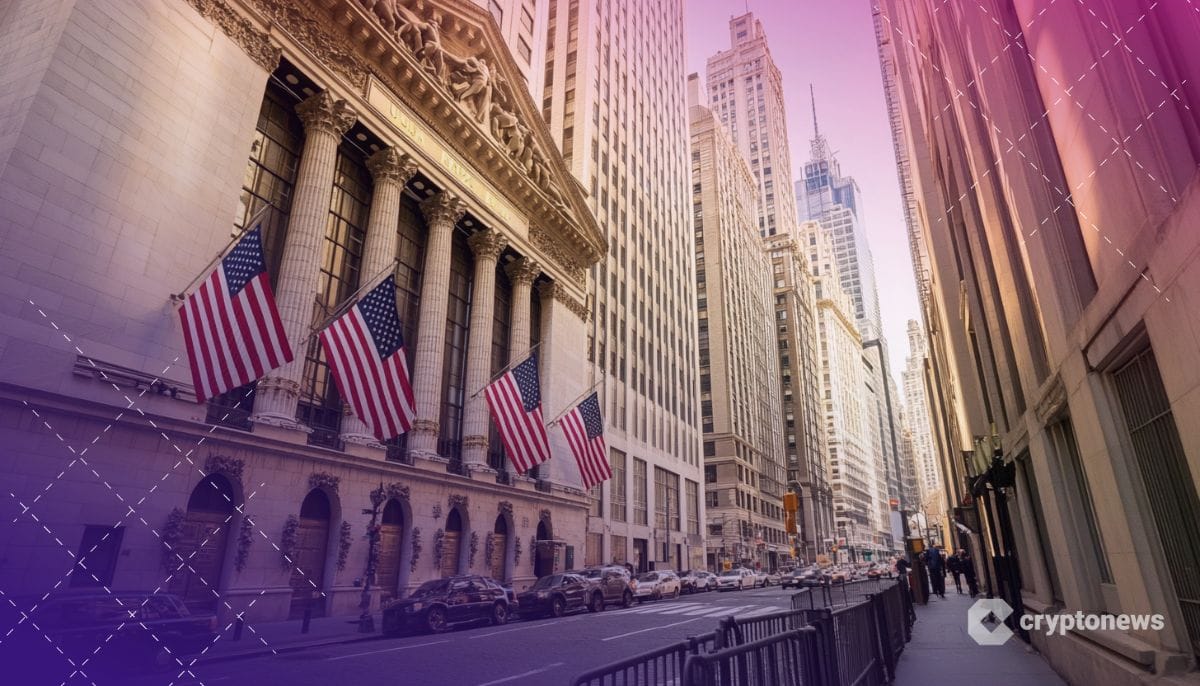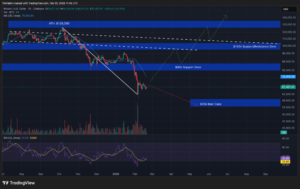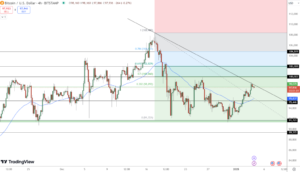Last updated:
 Why Trust Cryptonews
Why Trust Cryptonews
Ad Disclosure
We believe in full transparency with our readers. Some of our content includes affiliate links, and we may earn a commission through these partnerships. Read more

Coinbase is exploring the possibility of offering tokenized shares of its stock, COIN, to U.S. users via Base, its Ethereum layer-2 network.
Jesse Pollak, a Base developer, shared the news on January 3 through a post on the X platform, stating that the initiative is currently in an exploratory phase.
Tokenized COIN shares are already accessible to non-U.S. users through platforms like Backed, a tokenized real-world assets (RWA) protocol.
Coinbase to Bring COIN to Base
Pollak suggested that bringing COIN to Base could align with Coinbase’s vision of a future where “every asset in the world will be on Base.”
However, he emphasized that there are no definitive plans yet, citing the need for regulatory clarity in the U.S.
“We need regulatory clarity and improvements that embrace on-chain as an open platform to unlock this for everyone,” Pollak added.
The global market for tokenized RWAs, including securities, is estimated at $30 trillion, according to Colin Butler, Polygon’s global head of institutional capital.
Tokenized assets have been gaining traction as a bridge between traditional finance and blockchain technology.
In November, COIN shares surged over 20%, crossing the $300 mark for the first time since 2021.
The rally followed Donald Trump’s victory in the presidential election, which analysts believe could ease regulatory pressures on the cryptocurrency industry.
Morningstar equities researcher Michale Miller noted that a Trump administration is expected to adopt a more crypto-friendly stance, particularly benefiting Coinbase’s staking business.
However, regulatory uncertainty remains a significant hurdle. Under President Joe Biden, the U.S. Securities and Exchange Commission (SEC) has taken over 100 enforcement actions against crypto firms for alleged securities law violations.
While some progress has been made toward developing a broader legislative framework, Citi’s December research note highlighted that U.S. regulations still lag behind those in other major jurisdictions.
Tokenization Market Could Reach $16T by 2030
McKinsey & Company recently reported that tokenized financial assets have had a “cold start” but are still expected to grow to a $2 trillion market by 2030.
Meanwhile, a report by the Global Financial Markets Association (GFMA) and Boston Consulting Group estimates the global value of tokenized illiquid assets will reach $16 trillion by 2030.
Even more conservative estimates from Citigroup suggest that $4 trillion to $5 trillion worth of tokenized digital securities could be minted by 2030.
Recognizing this potential, major companies are making significant moves in the tokenization space.
Goldman Sachs, for instance, plans to launch three new tokenization products later this year, driven by growing client interest.
Some protocols have played a significant role in driving this growth, particularly in terms of active users.
Digital carbon market platforms like Toucan and KlimaDAO, as well as the real estate tokenization protocol Propy, have experienced substantial user growth.
It is worth noting that both public and private blockchains are witnessing the inclusion of various assets.

















